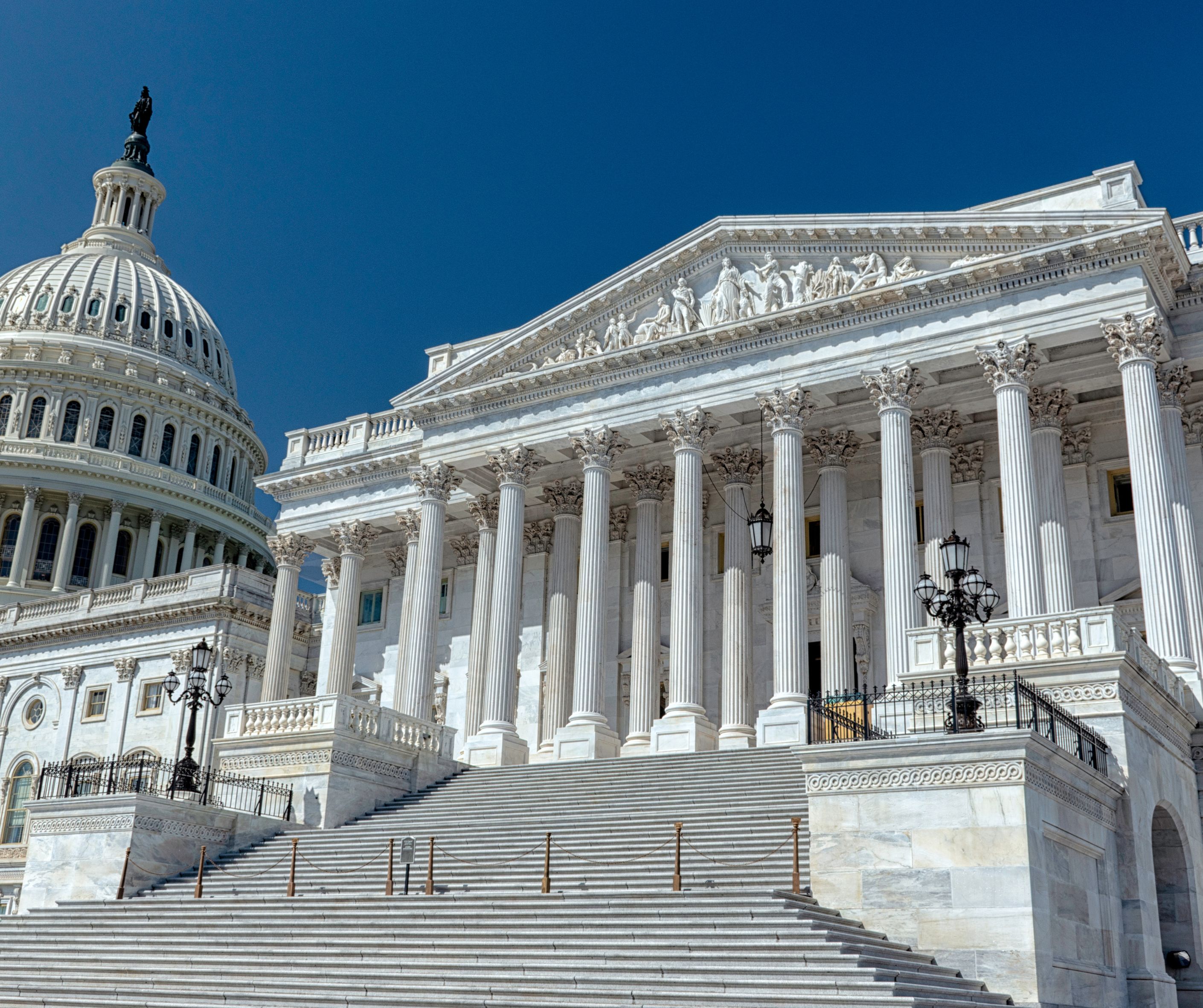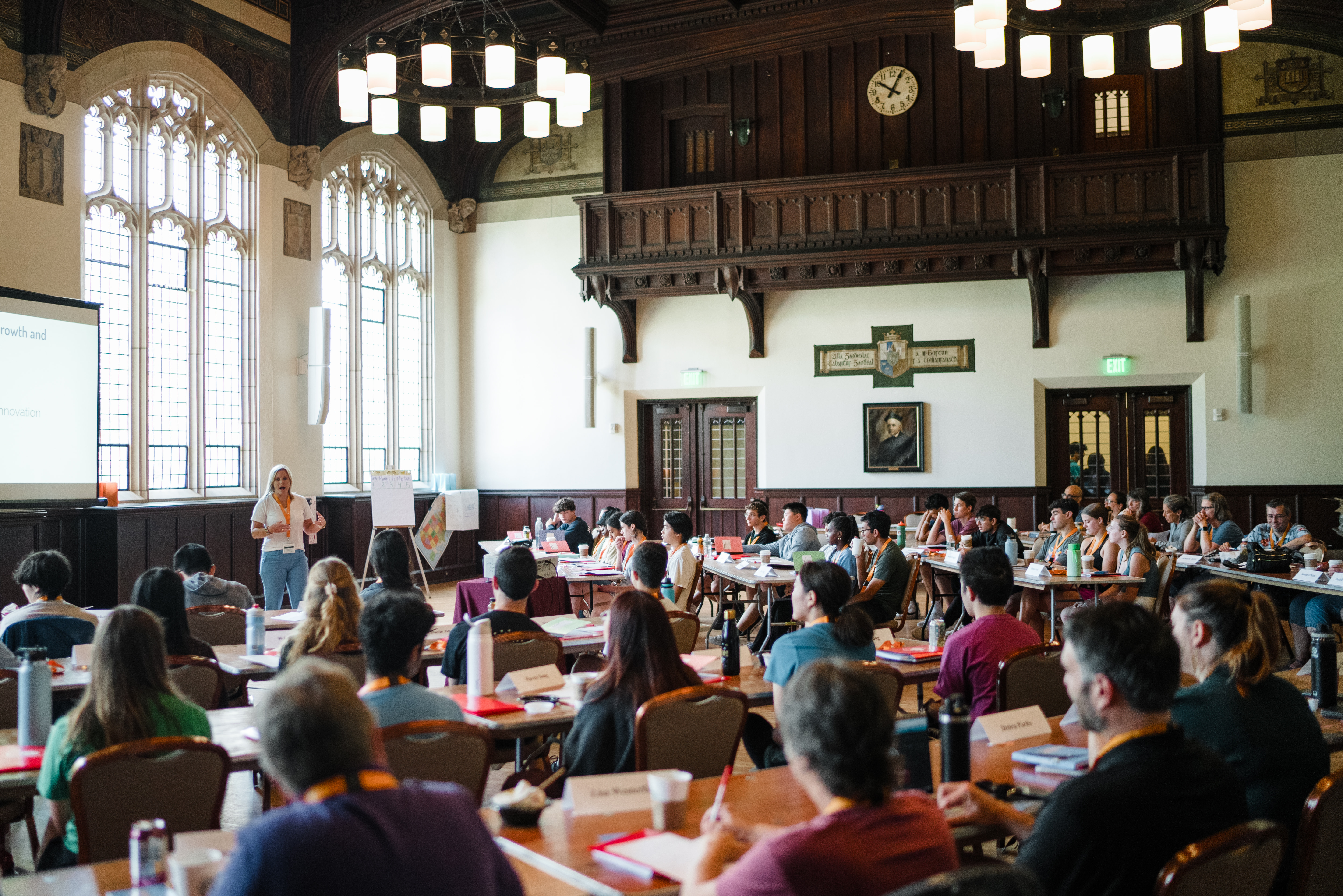Lesson: Property Rights and “Green” Incentives


Tell Our Elected Officials to Enroll in FTE Programs, Please!
January 30, 2026 Despite last-minute negotiations late this week, President Trump and congressional leaders appear to once again be on…

Foundation for Teaching Economics Opens Student Application for Summer 2026
January 12, 2026 The Foundation for Teaching Economics is pleased to announce that applications for Summer 2026 student programs are…

Making Economics Meaningful for Students
December 19, 2025 The Fund for American Studies’ Liberty and Leadership podcast features FTE’s own Amanda Stiglbauer, a longtime member of our…
